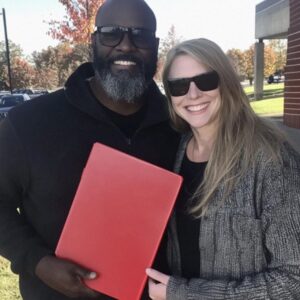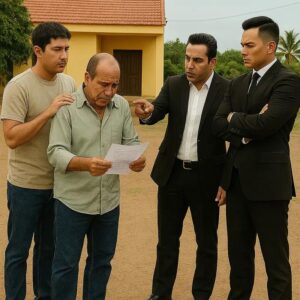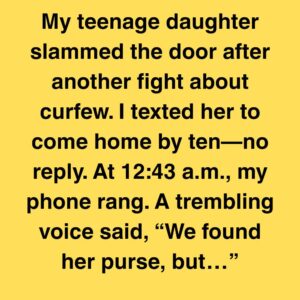My daughter’s kindergarten teacher called—she’d been hitting classmates. I rushed over, embarrassed, ready to scold her. But when I knelt down, she whispered, “They were talking about Daddy’s other family.” I laughed it off—until that night, when I opened my husband Karim’s iPad and found a calendar titled “Weekend with Other Kids.”
At first, I assumed it was work-related. But inside were personal notes: “Danya’s flute recital,” “Javi nervous about math test.” None of those were our daughter, Safiya. This wasn’t mentoring. This was parenting.
I said nothing that night, but I knew something was wrong. I hired a PI. Four days later, she handed me photos: Karim with another woman—Katalina—and three kids. A second life in Riverside. A zoo trip. A birthday party. A pink backpack in his hands.
When I confronted him, he admitted it. Claimed it started before me, that she’d gotten sick, and he stayed for the kids. Said he didn’t tell me because he “didn’t want to lose me.” So instead, he lied for years.
I told him to leave. I needed time. He moved out and saw Safiya on weekends. I started therapy. Grieved. Wrote. Then one night, I looked up Katalina. Found her Facebook. Five years back—there was Karim at her baby shower, hand in hers, during our marriage.
This wasn’t sacrifice. This was betrayal.
I asked to meet her. Karim panicked. But I met her anyway. She thought I was just a coworker. Turns out, she was as heartbroken—and blindsided—as I was.
We talked. We cried. We realized we’d both been living lies. And slowly, something unexpected happened—we became allies. Co-parents. Our kids—half-siblings—started playing together. One day, Safiya asked, “Do I have brothers and sisters now?” And I said, “Yeah. Looks like you do.”
Karim and I divorced. It wasn’t easy—but we figured out co-parenting. Katalina and I even started a small online project for single moms—Second Chapters.
And through it, I met Tomas. He’s calm, kind, shows up for Safiya’s soccer games. He knows my story—and stayed anyway.
So yes, my daughter’s playground fight cracked open my life. But the cracks let the light in.
If you’re standing in the rubble of betrayal, just know: it doesn’t end there. Healing is slow—but it’s real. And it’s worth it.
Thanks for reading. If this moved you, share it—someone out there might need to hear it today.





